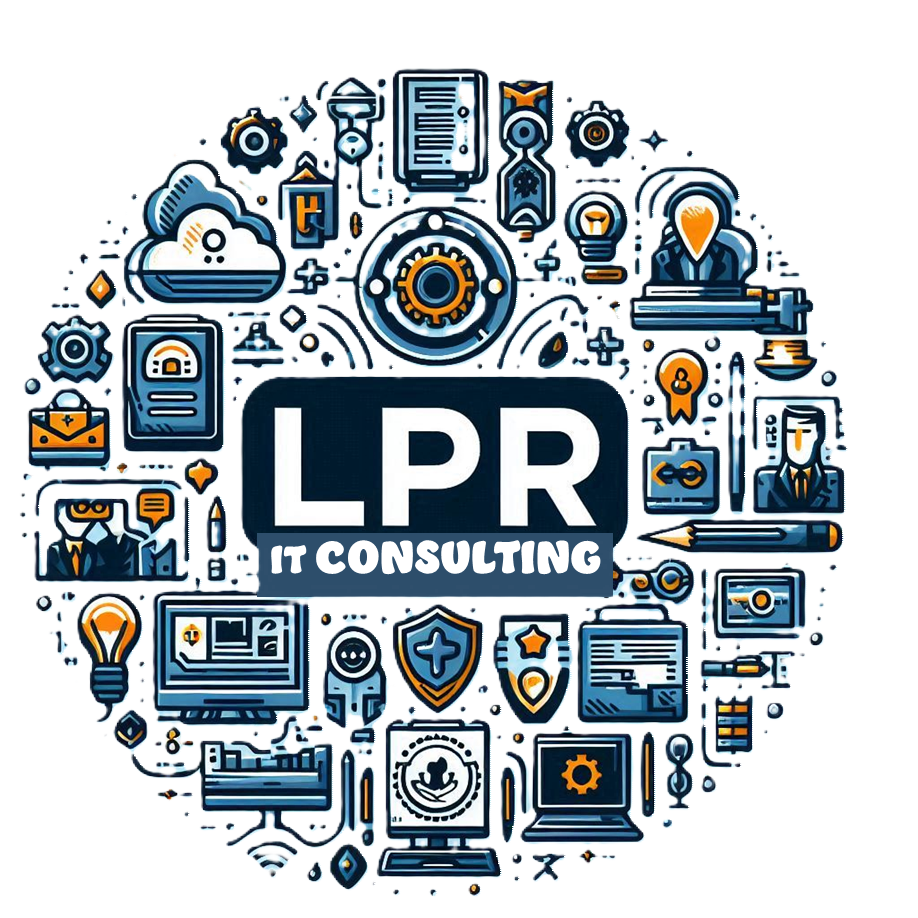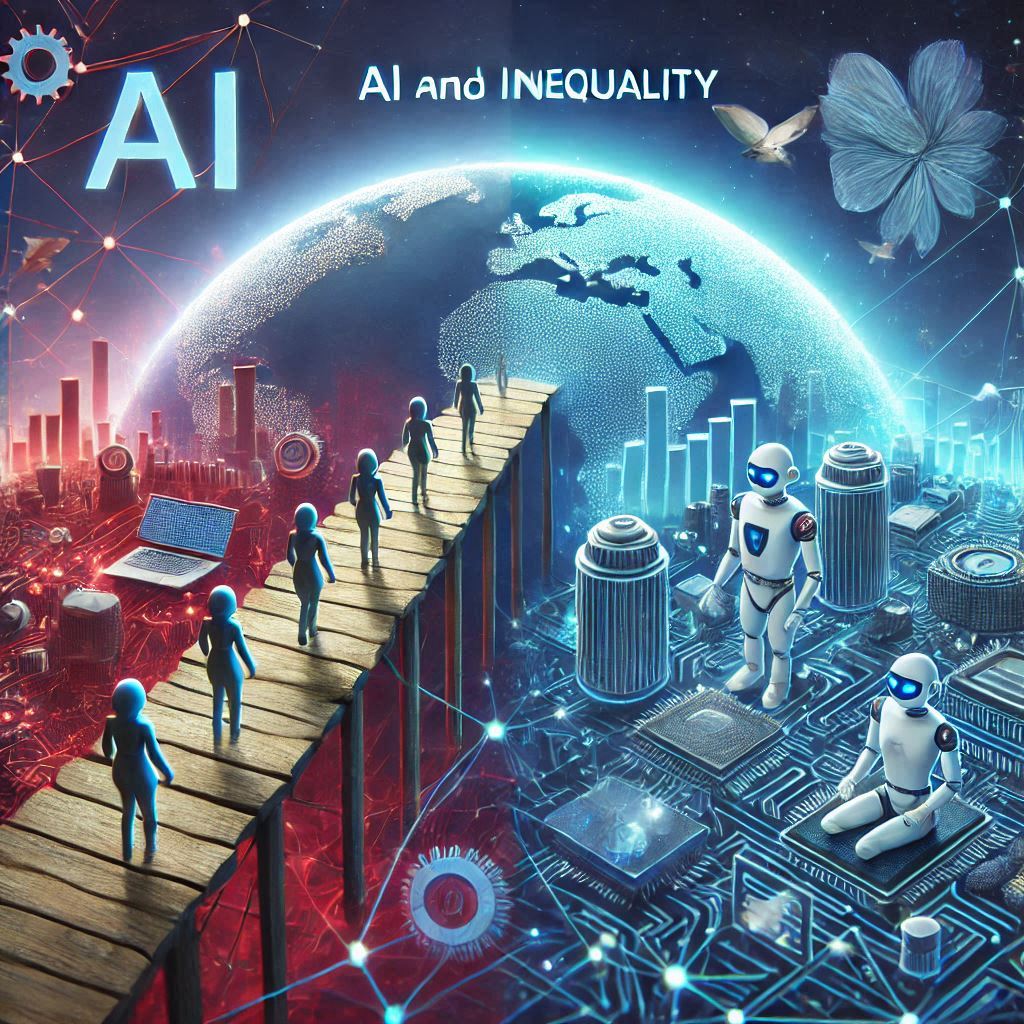Artificial intelligence (AI) has become an integral part of our daily lives, subtly influencing our experiences from the moment we wake up. Our smartphones, powered by AI, utilize voice assistants like Siri and Alexa to understand our commands and complete tasks. AI also enhances our smartphone cameras with features like scene recognition and portrait mode and protects our inboxes by filtering out spam emails.
Beyond smartphones, AI plays a significant role in our online interactions. Social media platforms employ AI algorithms to curate our feeds, presenting content they believe will interest us. While this can be convenient, it can also limit our exposure to diverse perspectives. Similarly, online shopping platforms utilize AI-powered recommendation systems to suggest products based on our browsing and purchase history.
The influence of AI extends to our transportation habits. Navigation apps like Google Maps and Waze leverage AI to analyze real-time traffic data and suggest the most efficient routes. Furthermore, the development of self-driving cars promises to revolutionize transportation by enhancing safety and efficiency.
Looking ahead, the future of AI in everyday life holds even greater potential. In healthcare, AI-powered tools could revolutionize disease diagnosis, treatment planning, and patient monitoring. Smart homes could become more integrated with AI, automating tasks like adjusting thermostats, controlling lights, and ordering groceries. Additionally, AI-powered chatbots could provide 24/7 customer support, addressing inquiries and resolving issues efficiently.
While AI offers numerous benefits, it’s crucial to acknowledge and address potential challenges. These include concerns about job displacement, privacy violations, and the potential for bias in AI systems. By carefully considering these factors, we can harness the power of AI to improve our lives while mitigating potential risks.





